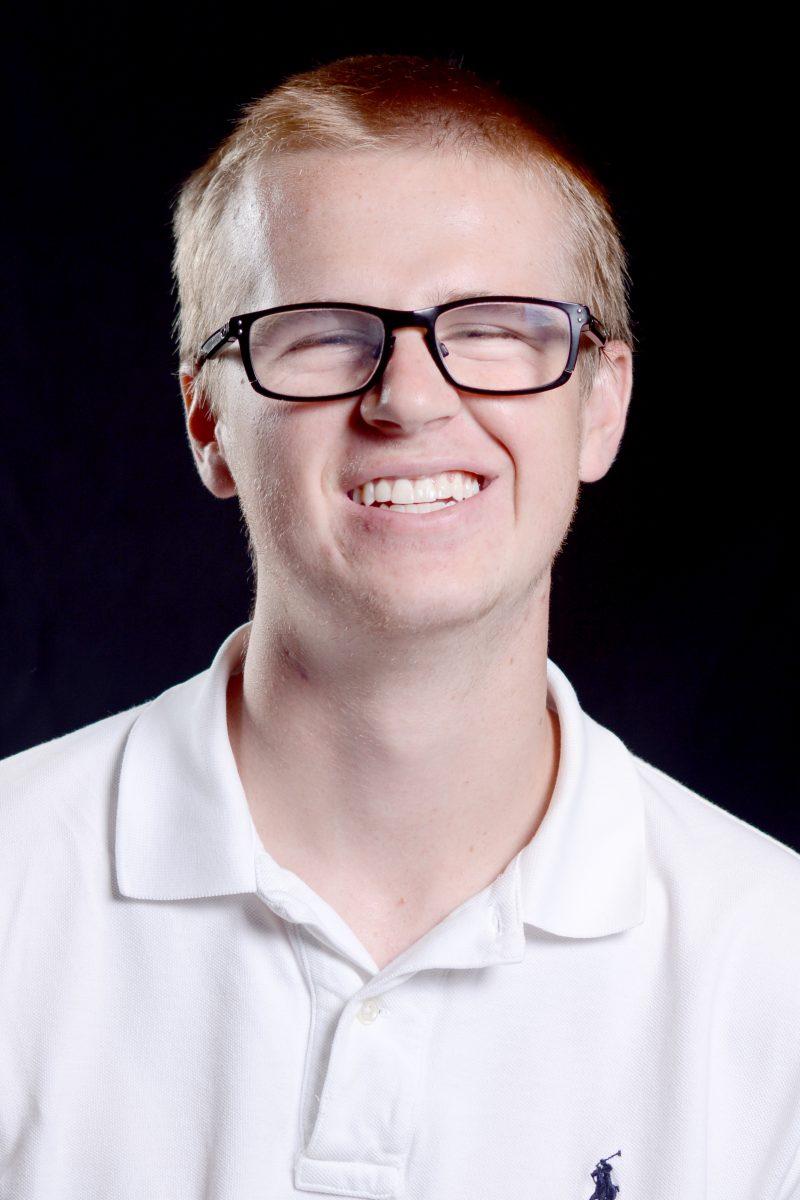Almost two months ago, the 32 voting members of the UNC Board of Governors convened on Aug. 7 to determine the future of NC State’s newest building project, a 62-bed, four-story dormitory with a price tag of $15 million that would house men’s and women’s basketball student-athletes and 30-some fortunate students.
NC State Chancellor Randy Woodson came under heavy fire shortly after the board voted to approve the construction project that was viewed as a gross mismanagement of funds. The facility will be named Case Commons. Woodson defended the construction of Case Commons by stating that the project originated within the NCSU Student Aid Association (Wolfpack Club), and that the club would also subsequently foot the $15 million bill.
On Sept. 16, the Technician published a letter to the editor from Austin Haas, a sophomore studying exploratory studies.
“I believe that this [Case Commons] is a terrible waste of money and that these funds should go to bettering the university in other places,” Haas said.
Haas’ point was promptly followed by a reply from one Bill O’Donnell, an alumnus of NC State and resident of Raleigh.
“Since this [Case Commons] was funded by private donations to the WPC [Wolfpack Club] then I really don’t understand how anyone can have a huge problem with this project…A [donor] allocating the money in the way that you want it spent is the entire point behind private donations.”
Haas’ view that Case Commons is another example of financial inequality amidst athletics and academics may be shared by a large portion of students and alumni. However, O’Donnell’s perspective is correct in that Woodson cannot simply reallocate the money received on behalf of Case Commons to other worthy academic departments.
The donations received by the university for this project were given through the Wolfpack Club with the expressed interest that their financial gift go toward the construction of Case Commons. Thus, no one from the NC State administrative personnel has the ability to repurpose funds collected for Case Commons. Equivalently, private donations with the expressed interests that they go toward the Colleges of Engineering cannot be reallocated to fund the renovation of Reynolds Coliseum.
Despite the revelation that Case Commons would not be built using unfixed university funds, critics of the project claim that Case Commons promotes the destructive idea that athletic success is greater than academic excellence. To this I would say that the critics are not wrong. The vast amount of money that is being poured into a luxurious athletic residence hall suggests that winning basketball games is a top priority for NC State; but hey, don’t blame Woodson for that reality. In the end, the only people left to blame are ourselves. If you have a passion for a particular discipline at NC State, then it is entirely within your power to improve that academic department by making monetary contributions.
The college athletic landscape in America has fallen prey to a terribly broken system. It’s because of this broken system that college head coaches make millions of dollars per year and grandiose athletic facilities like Case Commons can be built.
Believe me, if I could restructure athletics in the United States, I would model it after what we see in Europe, where you can play professionally at any age as long as you have the skills necessary. Also, the NFL and the NBA would stop relying on the NCAA to produce its talent for them. Instead, professional associations would employ Under-21 teams where athletes would be properly paid and developed so that they can play in their respective top-tier leagues. Then college athletics would become strictly amateur in every sense of the word.
Despite the brokenness of the system, the American people still have the opportunity to put a higher priority on academics rather than sports. However, time and time again, we pour our money into athletics as we sell out our huge stadiums and bolster massive television ratings. The only crime in all of this is that the athletes themselves don’t see a dime of that money. Instead, they just have to settle for nice places to stay while they sacrifice their bodies 40-plus hours a week without pay.








